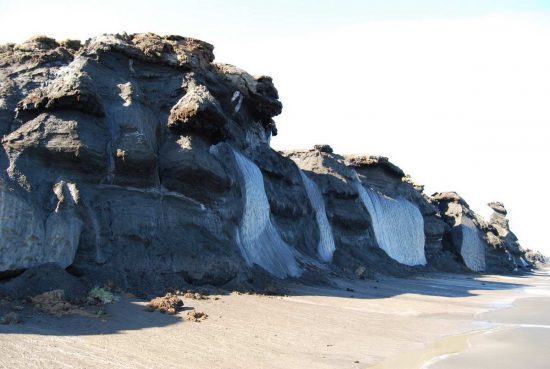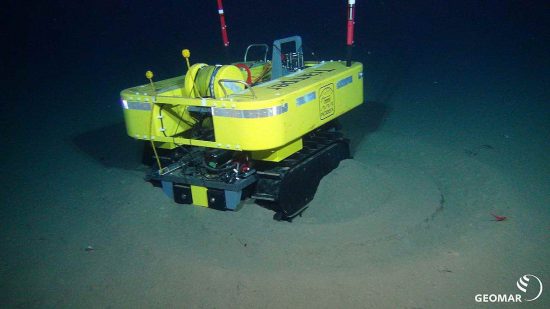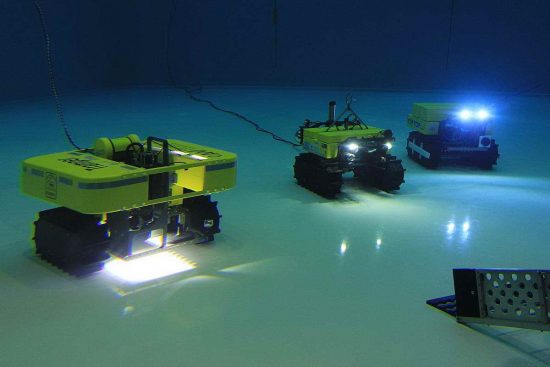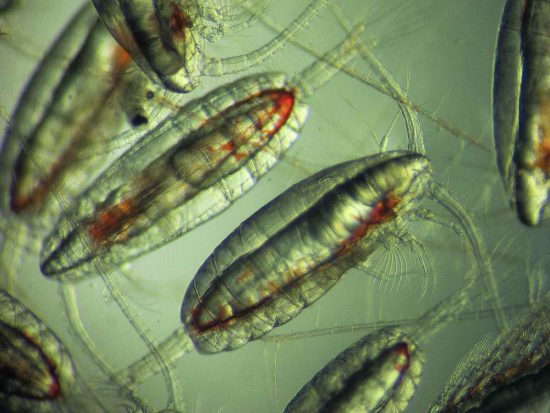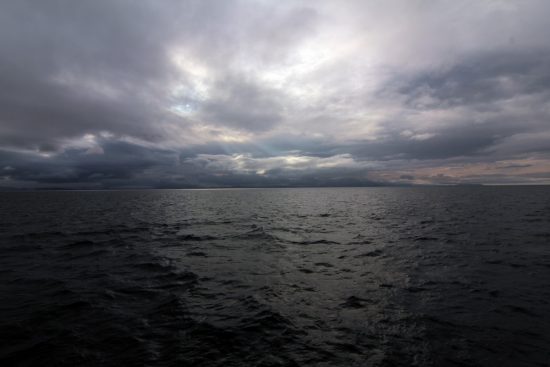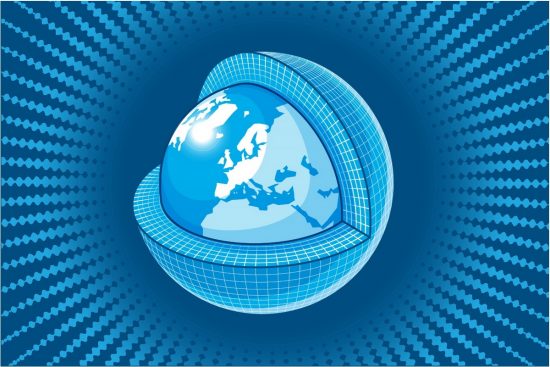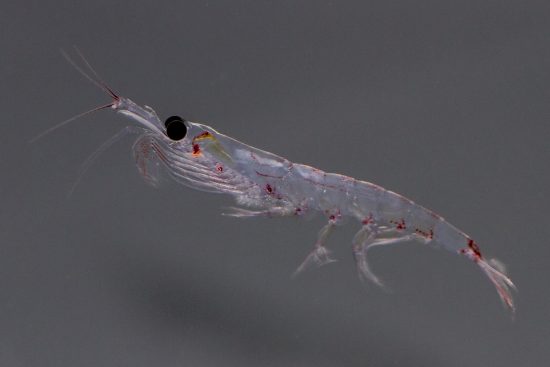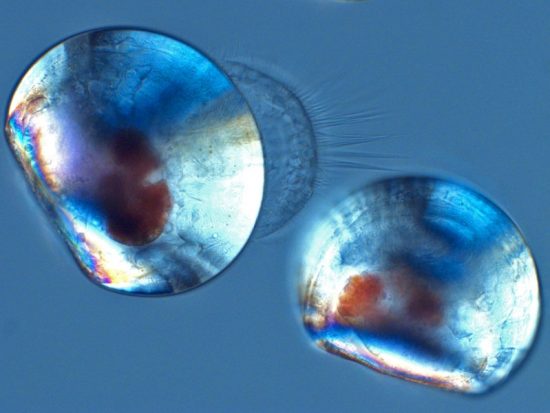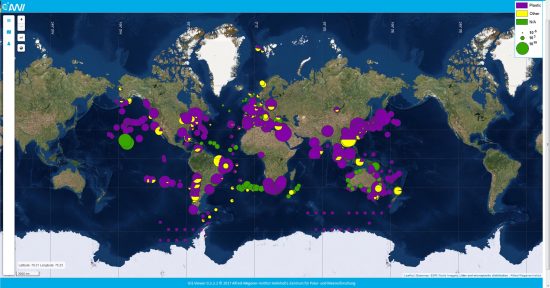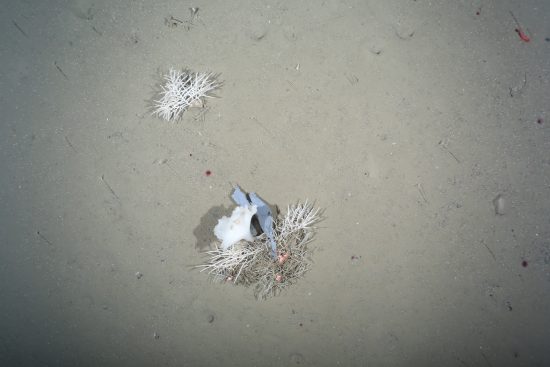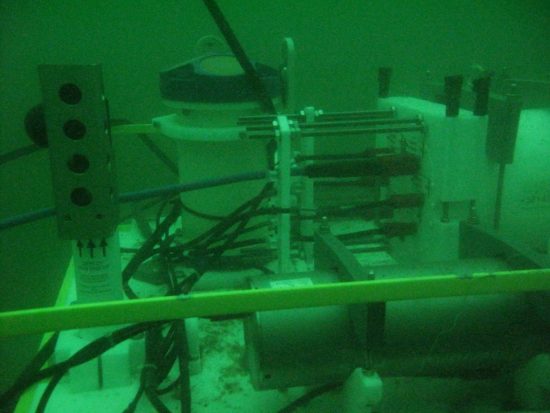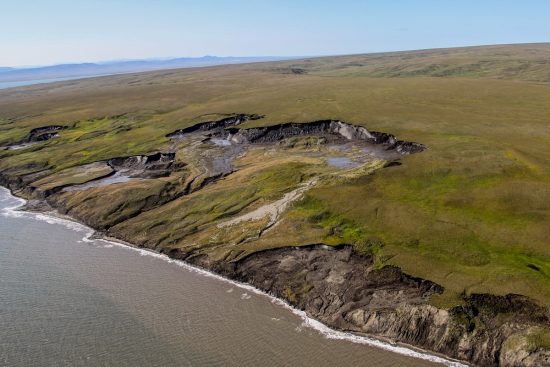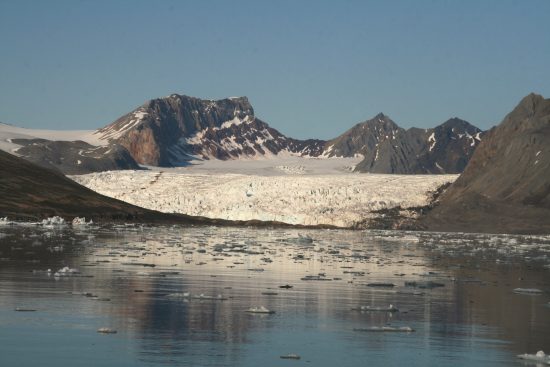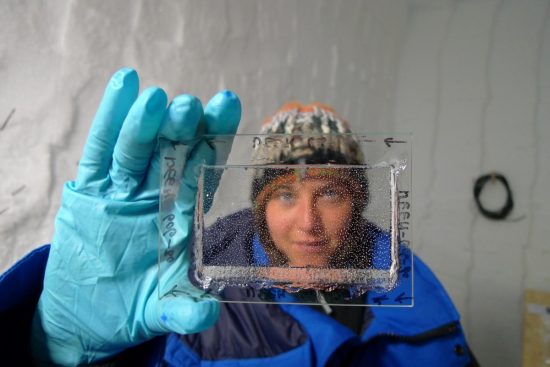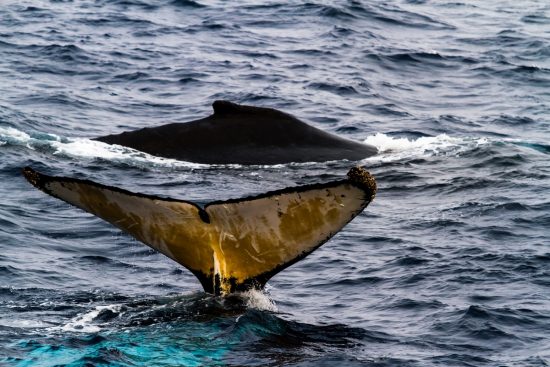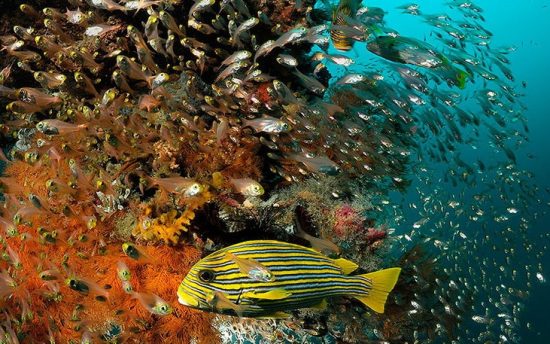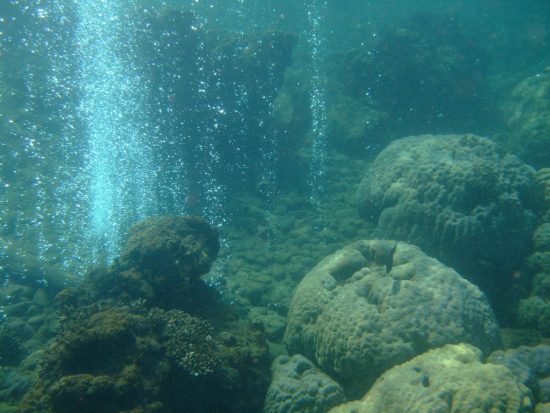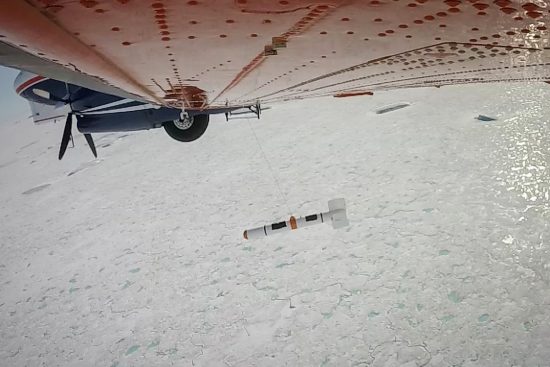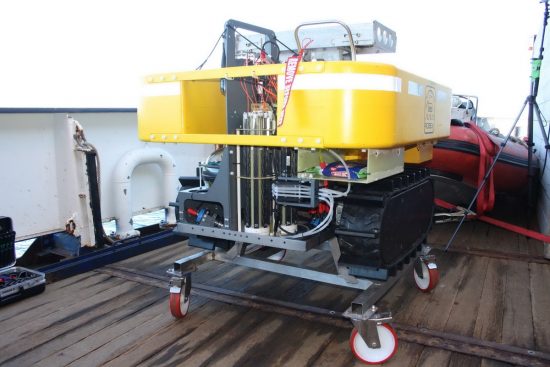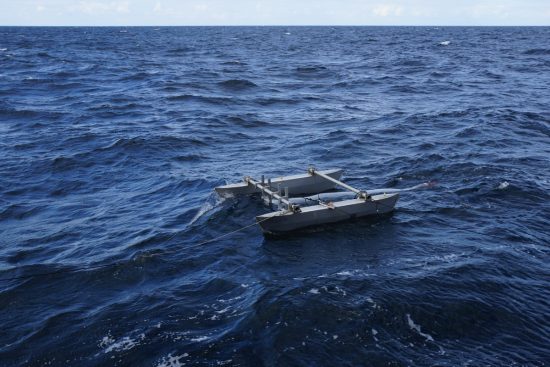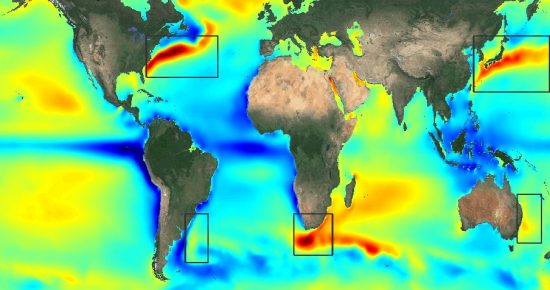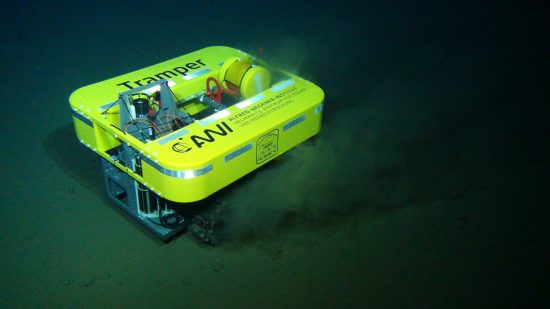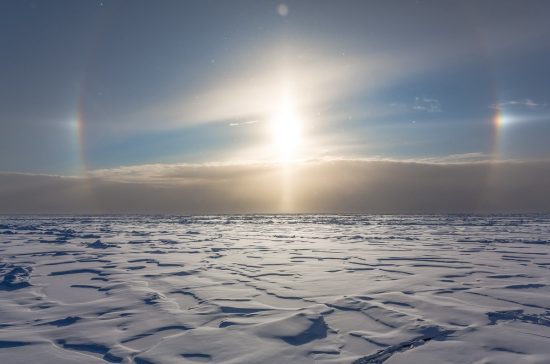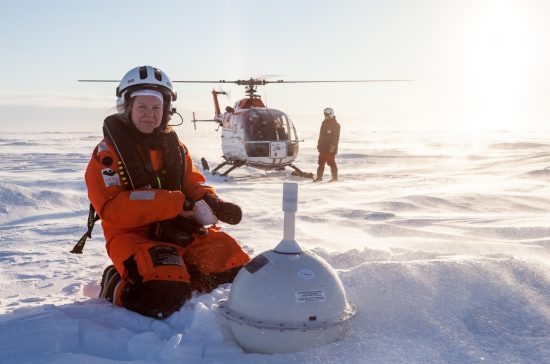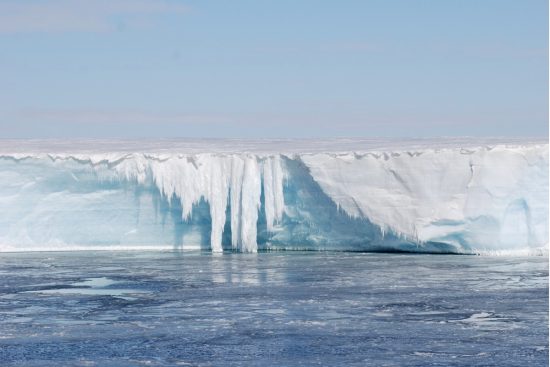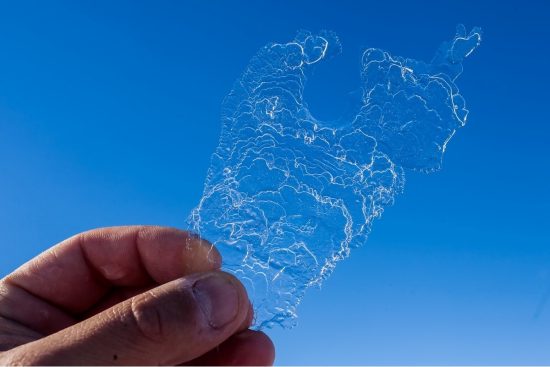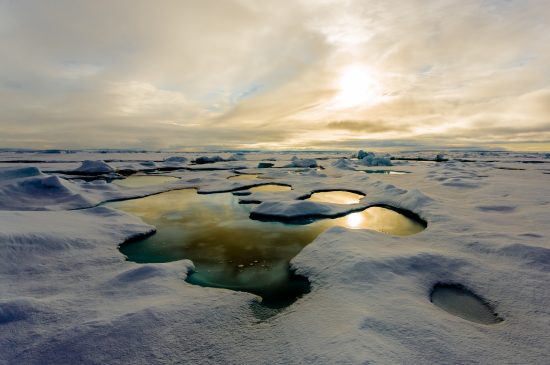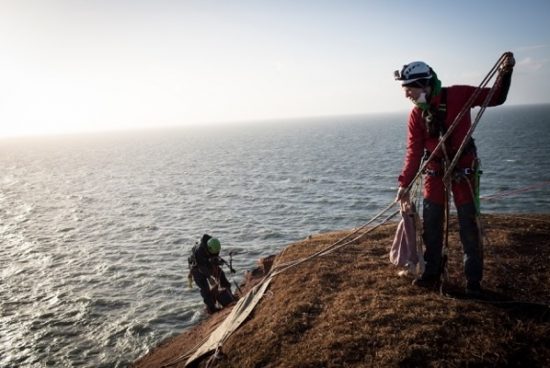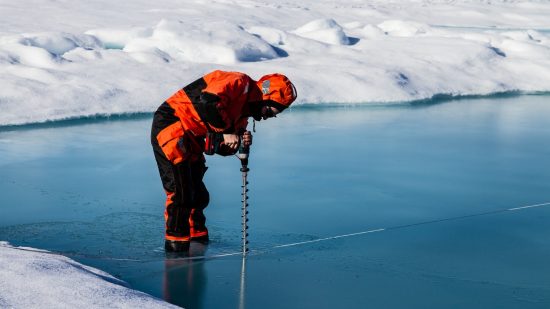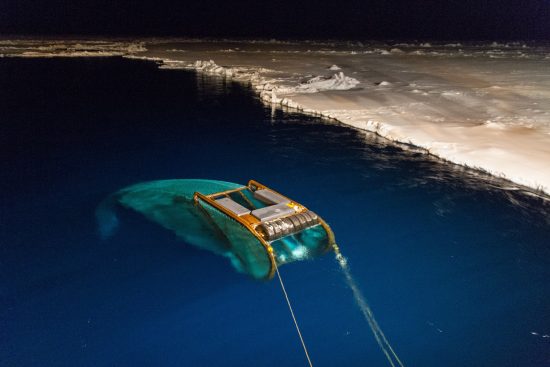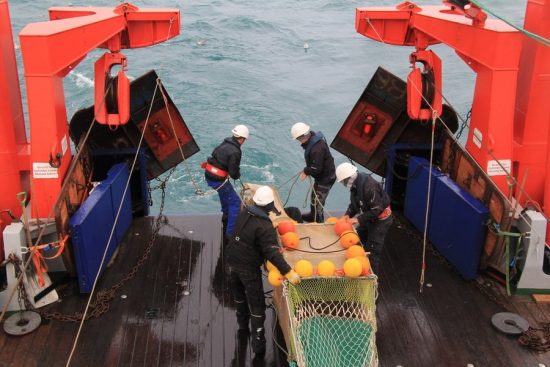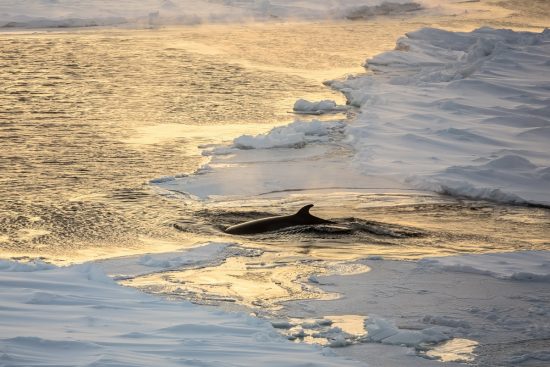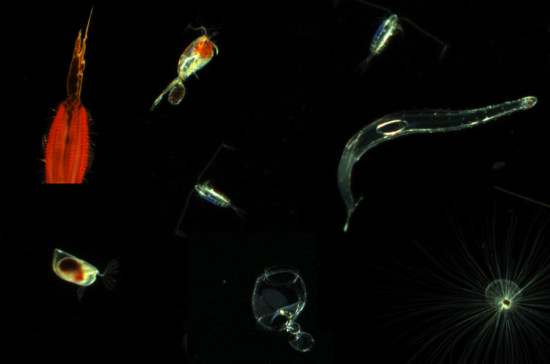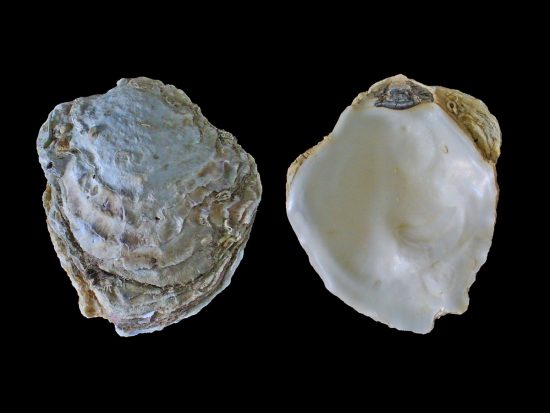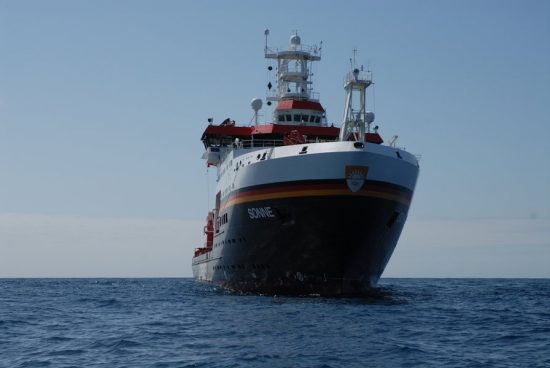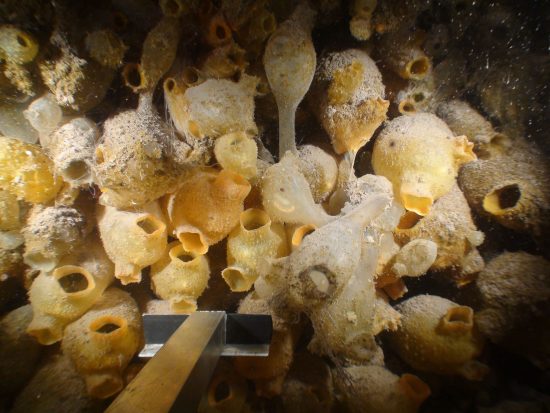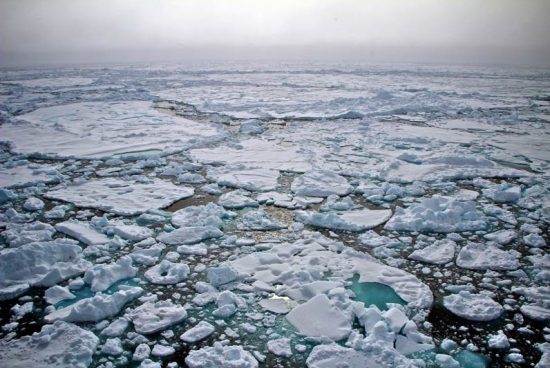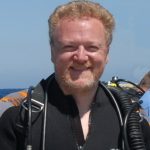
EU project Nunataryuk investigates effects of permafrost thaw
by Herbert - 27th November 2017
Fragile Arctic environment threatened by retreating permafrost Permafrost makes up a quarter of the land mass in the Northern Hemisphere.…

Arctic: AWI underwater robot Tramper successfully recovered
by Herbert - 31st August 2017
Almost 60 weeks of measurements of oxygen content at the bottom of the deep sea obtained On 27 August 2017,…

Underwater robot “TRAMPER” to surface after a year in the Arctic deep sea
by Herbert - 22nd August 2017
Helmholtz Alliance ROBEX tested innovative technologies on expedition On Tuesday, August 22nd, the research vessel Polarstern will set off on…

Copepods rise and shine to internal genetic clocks
by Herbert - 7th August 2017
The Calanus finmarchicus is a copepod that packs a big punch. Although just two to four millimetres, this zooplankton’s genetic…

Glacial retreat accelerated by meltwater lakes under Antarctic Ice Sheet
by Herbert - 4th July 2017
During the last glacial period, the ice in the Antarctic was thicker and extended farther offshore than it does today.…
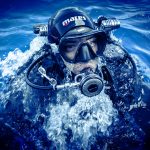
Changes in atmospheric CO2 concentration can cause temperature fluctuations
by Mares - 22nd June 2017
Scientists use climate models to investigate fluctuations During the last Ice Age, the influence of atmospheric carbon dioxide on the…

Why do krill stocks in Antarctica fluctuate?
by Herbert - 9th June 2017
Climatic influences not as important as previously thought Although just six centimeters long, the Antarctic krill (Euphausia superba) plays an…

Kiel Fjord as training ground for mussels
by Mares - 4th May 2017
Genetic adaptation likely to have occurred over many generations Mussels from the Kiel Fjord were discovered to be able to…

Litter in the sea: New portal offers comprehensive coverage
by Herbert - 29th March 2017
New online portal LITTERBASE compiles all data in one location Where is litter at sea and which species and habitats…

Growing problem of litter in the Arctic depths
by Herbert - 16th February 2017
Sea ice may be responsible for transporting plastic wasteThe Arctic has a garbage problem. In just a decade, the amount…

New ocean measuring station at Boknis Eck
by Mares - 1st February 2017
GEOMAR and Helmholtz Center Geesthacht install new sensor node in Baltic Sea Boknis Eck (Boknis Corner) – a name familiar…

Studying the effects of coastal erosion in the Arctic
by Mares - 18th January 2017
The thawing and erosion of the arctic permafrost coasts has increased so drastically in the past that more than 20…

Octopus Casper: Deep-sea octopuses require manganese nodules to lay their eggs
by Herbert - 22nd December 2016
Casper the octopus (and counterparts) threatened by deep-sea miningFor deep-sea octopuses, manganese nodules on the seabed are an important breeding…

New insights into the changes of the Nordic Seas during interglacials
by Mares - 5th December 2016
The characteristics of the water masses in the Nordic Seas are expected to change due to the Earth's higher temperatures…

Researchers search for Earth’s oldest ice
by Mares - 21st November 2016
Ice cores show glimpse of composition of atmosphere in the pastIn Antarctic, ice and climate scientists from 14 institutions in…

Germany proposes protection for Weddell Sea
by Mares - 20th October 2016
The European Union has submitted a request for a marine protected area (MPA) to be established in the Weddell Sea.…

Photo exhibition on ocean acidification opens at GEOMAR
by Mares - 27th September 2016
A new photo exhibition by two nature photographers centres on the organisms on which climate change research is currently focused…

Two-thirds of zooplankton at tropical coral reefs lost to ocean acidification
by Herbert - 24th September 2016
Ocean acidification can fundamentally change the structure of the reef Tropical coral reefs can lose up to two-thirds of their…

Arctic sea ice at its second-lowest ever this September
by Mares - 16th September 2016
In September 2016, the surface of the Arctic sea ice shrank to nearly 4.1 million square kilometres – the second…

Underwater robot begins one-year mission
by Mares - 28th July 2016
Autonomous deep-sea robot at work Deep on the Arctic seabed, an autonomous deep-sea robot has been hard at work, having…

Potentially pathogenic bacteria discovered in microplastic particles
by Herbert - 28th July 2016
Bacteria population soars when temperatures increase Rising water temperatures have made it more likely for potentially pathogenic bacteria to make…

Climate change modifies ocean currents
by Mares - 1st July 2016
Asia to get warmer and stormier Global warming is causing a change in some ocean currents. Scientists have shown that…

Enhancing the analysis of climatic changes in the Arctic
by Mares - 16th June 2016
Scientists head northwards with new autonomous instruments On 13 June 2016, a team of scientists set off to Spitsbergen on…

This year’s decline of Arctic sea ice may be as bad as the record low of 2012
by Mares - 19th May 2016
At the Alfred Wegener Institute, Helmholtz Centre for Polar and Marine Research (AWI), sea ice physicists have predicted that the…

Defining research priorities for the Arctic
by Mares - 29th February 2016
The major international Arctic research organisations, with the involvement of the indigenous peoples of the Arctic, have come up with…

How stable is the West Antarctic Ice Sheet?
by Mares - 12th February 2016
Exceeding critical temperature values can lead to collapse of the ice sheet and strong rise in sea level A future…

Researchers measure platelet ice beneath Antarctic sea ice
by Mares - 8th February 2016
For the first time, sea ice physicists at the Alfred Wegener Institute (AWI) have developed a new method of efficiently…

Gliders collect data on new eddy off Peruvian coast
by Mares - 30th January 2016
In January and February 2013, a subsurface anticyclonic eddy formed in the Peru-Chile Undercurrent, allowing researchers to document the creation…

Melosira Arctica named algae species of 2016
by Mares - 19th January 2016
Researchers have named the Melosira arctica, one of the major algae species in the Arctic Ocean, as Algae of the…

Plastic waste threatens lives of seabirds in Helgoland
by Mares - 11th December 2015
Pilot study initiated to gather more information High on the cliffs of Helgoland, a small German archipelago in the North…

Arctic sea ice plays essential role in methane cycle
by Mares - 8th December 2015
Study uncovers link between seasonal melting of sea ice and release of methane gas The ice-covered Arctic Ocean plays a…

Billions of juvenile polar cod under Arctic sea ice
by Mares - 14th October 2015
With a newly developed netting gear, marine scientists at the Alfred Wegener Institute managed to catch a large number of…

German research network on ocean acification concludes
by Mares - 8th October 2015
An in-depth assessment of the possible impact of ocean acidification on the environment, society and economy, as well as the…

Sounds of the ocean
by Herbert - 2nd February 2017
Findings on background sounds in Southern Ocean published For nearly three years, using underwater recording devices, scientists have been listening…

New underwater observatory to monitor zooplankton
by Herbert - 10th December 2016
Scientists from the Thünen Institute of Sea Fisheries, Alfred Wegener Institute (AWI) and Helmholtz-Zentrum Geesthacht (HZG) have placed an optical-acoustic…

Reintroduction of European flat oysters in German North Sea
by Mares - 30th June 2016
Three-year trial will set up foundation for restoration of species For the first time, the German Federal Agency for Nature…

Can a deep-sea ecosystem recover from human intervention?
by Mares - 26th November 2015
What would the ecological consequences be if the quantity of polymetallic (e.g. manganese) nodules in the deep sea was reduced? Would…

Melting coastal glaciers cause loss in biodiversity – Seabed ecosystem affected by sedimentation
by Mares - 20th November 2015
Melting glaciers will lead to a reduction of species biodiversity among the benthos (bottom-dwelling organisms) community in the coastal waters…

Arctic Ocean: Reduced Amount Of Ice
by Mares - 17th July 2015
Commercial Fishing Ban Implemented In The Arctic Over the years, climate change has reduced the amount of ice in the…





